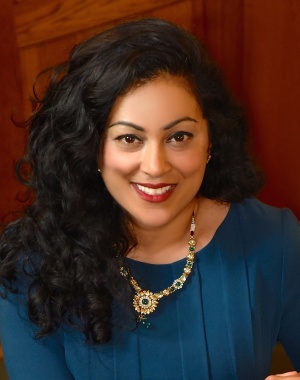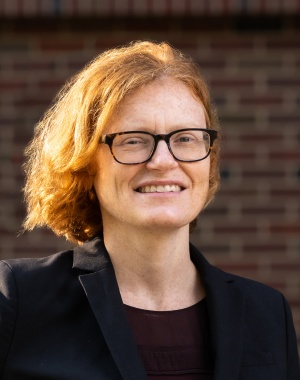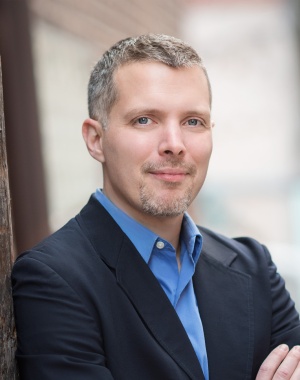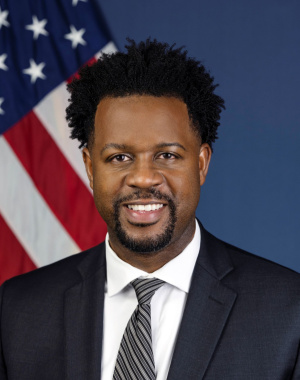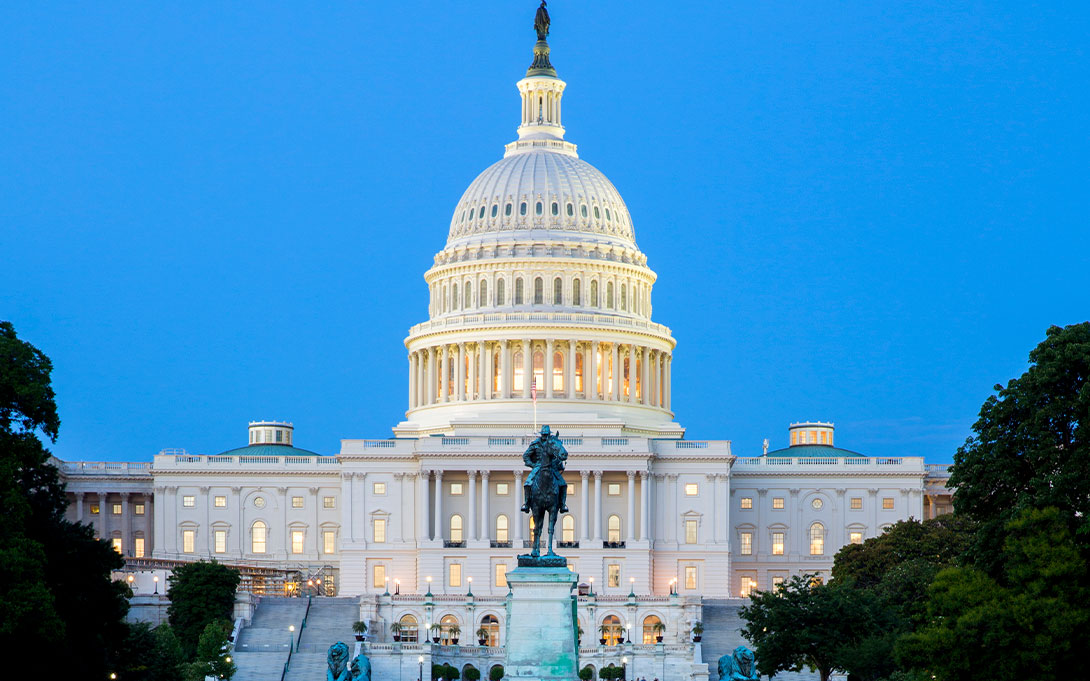
The Ford School of Public Policy is a top-ranked public policy school dedicated to preparing diverse leaders to take on society’s most pressing challenges and make transformational discoveries through cutting-edge research. Experts from the Ford School weighed in on many issues and topics throughout 2021.
Here are some of the most-viewed stories from the Ford School this year:
Breaking down public trust
”Preliminary data from CLOSUP’s latest Michigan Public Policy Survey (MPPS) shows a significant increase in those who believe there is ‘a total breakdown of democracy’ at state and federal levels between 2020 and 2021. Local leaders who believe that democracy in the US is in a state of ‘total breakdown’ tripled during this time, and now more than half say it is at or near ‘total breakdown.’” – Tom Ivacko (MPA ’93), executive director of the Ford School’s Center for Local, State, and Urban Policy (CLOSUP)
Policy memo: Parthasarathy on "Ensuring global access to COVID-19 vaccines"
“Hopeful predictions estimate that by the end of 2021, only 10 percent of the world’s population will have received COVID-19 vaccines. Pfizer, Moderna, and other vaccine manufacturers can only produce so many doses at a time. Most of the first recipients will be in the United States and Europe, as these rich countries have used their purchasing power to get to the front of the vaccine line. And even once people in rich countries are vaccinated, many low and middle income countries (LMICs) will lack the resources to fully vaccinate their populations.” – Shobita Parthasarathy, Professor of Public Policy and Director, Science, Technology, and Public Policy program
New EPI report provides snapshot of pandemic challenges for early childhood education providers
“The early childhood sector is essential but it has been in a fragile state for decades, due to chronic public under-investment in the United States.” – Christina Weiland, Associate Professor of Education and Co-Director of the Education Policy Initiative
Shaefer inspires students, salutes mentors, at inaugural Kohn lecture
“I begin with listening, and translate listening into action to have my research shaped by the experiences and values of those who often don’t have a voice at the policymaking table. Listen, research, and act, trying to be a part of concrete actions that hold the possibility of empowering families to live healthy and productive lives. And then we evaluate to see if those changes did in fact make a difference.” – Luke Shaefer, Associate Dean for Research and Policy Engagement and Director of Poverty Solutions
Robert Hampshire appointed Chief Science Officer at USDOT
“The reintroduction of a Chief Science Officer underscores transportation’s key role in addressing the complexity and criticality of our dynamically changing climate. I look forward to working across all modes of transportation to address the immediate concerns, and to ensure our future transportation system is sustainable. It is important that USDOT incorporate scientific research to advance climate change initiatives that are fair and equitable to all.” – Robert C. Hampshire, Associate Professor of Public Policy

